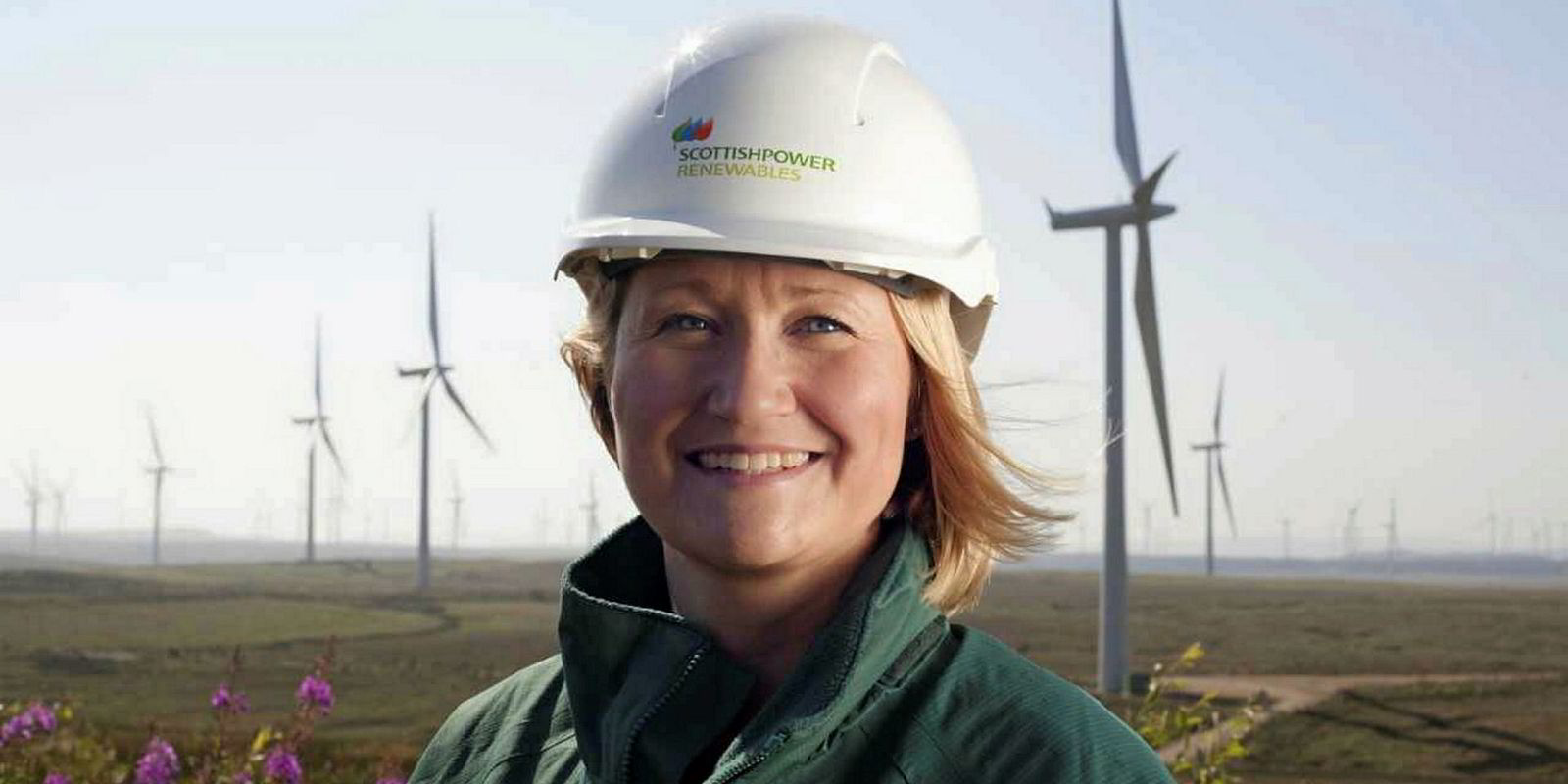New to the energy industry, the lack of diversity in our modern sector has taken me by surprise. Some 65% of the renewable energy sector is male and only 7% of its leadership positions are held by women.
It will take time for more diversity to emerge, as the next generation of energy professionals moves into and through the workforce, but we can do something about our sector’s image and how it is (mis)represented at events today. Time and time again, I look up from my conference programme to see no women and no diversity on our panels.
As a woman at the start of my career, I find it an odd image for a sector which is young, vibrant and future looking. Our industry is powering the future, and we should be demonstrating to tomorrow’s leaders that we are committed to change on other areas, reflecting the new ideas and new people that will be part of this energy transition. We need to make diverse people visible, so that future energy professionals can draw inspiration from the industry figures they see today.
Working towards this change are campaigns such as POWERful Women, Women in Sustainability and Pride in Energy. These campaigns support diversity through mentoring and careers support, and by providing networking opportunities for our sector’s talent. The Offshore Wind Sector Deal has also identified People and Skills as key workstreams, with steps being put in place to support and engage apprentices, women in STEM, and young people still in education.
We could start to change our image by eliminating the 'manel' (all-male panel). Last month, I attended Innovation and Governance of Future Energy Systems where every panel was 100% female. Not only was this refreshing to see, but the conference demonstrated that we do not lack brilliant women – in fact, speakers were turned away from the event because the programme could not accommodate the volume of interest.
It is difficult for events organisers and companies to manage diversity considerations when the time pressure of coordinating an event is already demanding. But when inviting speakers to events, I have found that the predominant issue is that we simply don’t know the names of spokeswomen in our sector, or how to find them.
To help identify more women, and shine the spotlight on diversity, I have helped coordinate a project called Switch to provide the industry with tools to encourage greater diversity, whilst complementing the work of sector-wide campaigns
Our first tool is a crowd-sourced speaker database, to help identify female experts and thought leaders working in our sector. We are asking women to register themselves onto our database, so that it can be used and shared among industry event planners and companies looking for great speakers.
Since the launch of the Switch list on International Women’s Day, 100 women from across the sector have signed up to the database and this network continues to grow. Please do share this tool with colleagues, recommend speakers, and encourage women to make themselves visible.
The list will be officially launched at the RenewableUK Global Offshore Wind Conference, 19-20 June in Manchester, where the list will be made publicly available to download.
The conference will also deliver RenewableUK’s diversity pledge: to ensure that at least 30% of the speakers, panellists and chairs at its events are women.
For the future of women in our sector, it’s #TimetoSwitch: Switch to more gender-balanced speaker panels, Switch to making industry commitments, and Switch a spotlight onto diversity in our workforce.
Alicia Green is project coordinator of Switch at RenewableUK
This is the first in a series of blog posts from RenewableUK in the run-up to Global Offshore Wind 2018


